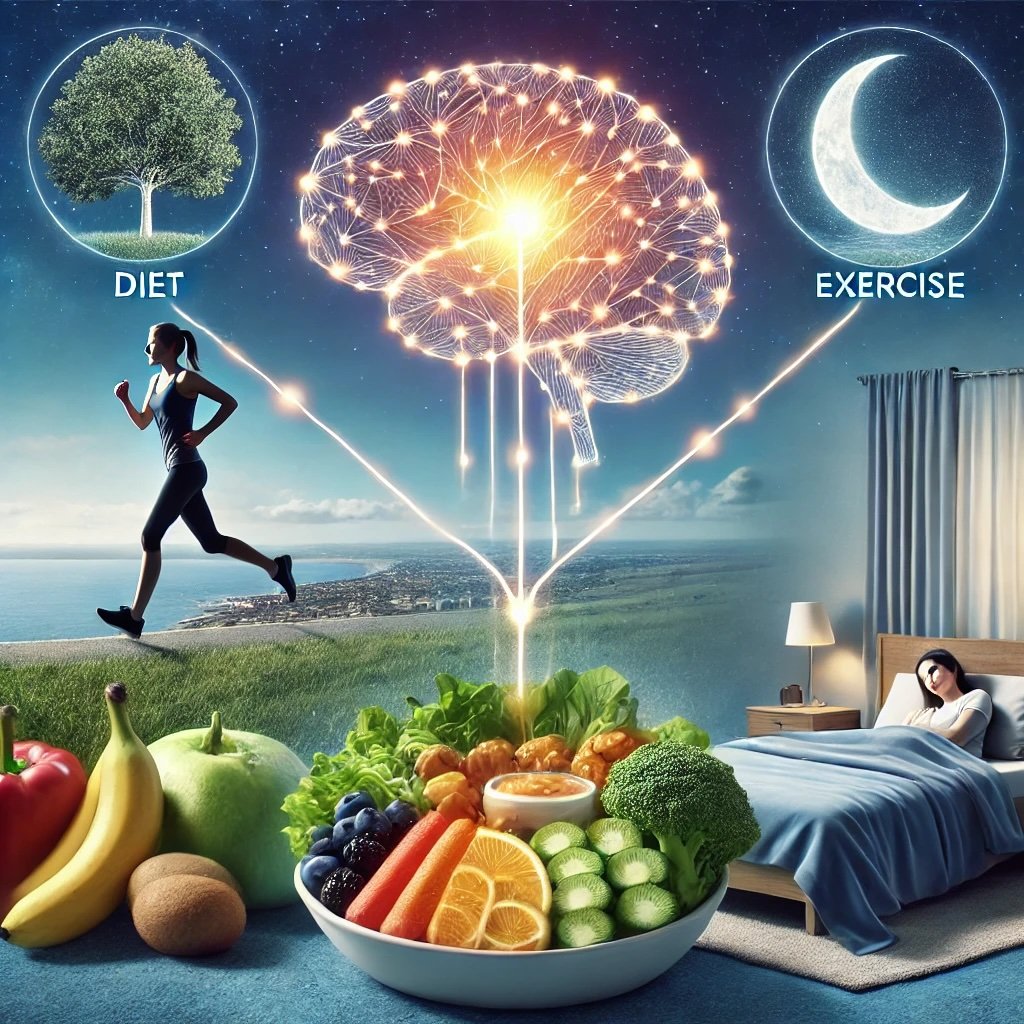
Overcoming Adverse Childhood Experiences and Loss: Strategies for Healing and Resilience
Adverse childhood experiences (ACEs) and loss can have profound and long-lasting effects on an individual's mental, emotional, and physical well-being. These experiences may include abuse, neglect, household dysfunction, traumatic events, and the loss of loved ones. However, it is important to remember that healing and resilience are possible, even in the face of such challenges. This article explores strategies for overcoming ACEs and loss, offering hope and guidance for those struggling with these difficult experiences.

Understanding and Addressing Workplace Bullying
Workplace bullying is a pervasive issue that can have detrimental effects on both employees and organizations. It refers to repeated and unreasonable actions directed towards an employee or a group of employees, which can cause physical, emotional, and psychological harm (Lutgen-Sandvik, 2007). Addressing workplace bullying is essential for creating a healthy work environment and maintaining employee well-being.

The Profound Impact of Diet, Exercise, and Sleep on Mental Health
In today's fast-paced world, the pursuit of mental well-being has become a shared goal. While therapy and medication are often emphasized, the foundational pillars of diet, exercise, and sleep quietly play a monumental role in shaping our mental health. Their influence is profound, affecting every emotion, every thought, and every action in our daily lives.

Generalized Anxiety and Miscommunication
Generalized Anxiety Disorder (GAD) is characterized by persistent and excessive worry about various aspects of daily life, such as health, finances, or work, which individuals find challenging to control (American Psychiatric Association, n.d.). This pervasive anxiety can significantly impact communication, leading to misunderstandings and strained interactions.

Understanding Tourette Syndrome and Other Tic Disorders: Insights from Breyland Outloud on Max and the Importance of Diagnosis
Tourette Syndrome (TS) and other tic disorders are neurological conditions characterized by involuntary, repetitive movements or vocalizations known as tics. These conditions often emerge in childhood and can significantly impact an individual’s daily life, social interactions, and self-esteem. Recent media representations, such as the documentary Breyland Outloud on Max, have shed light on the lived experiences of individuals with tic disorders, helping to destigmatize these conditions and emphasize the importance of early diagnosis and support.

Navigating the Waves of Uncertainty: Finding Strength in Trying Times
In a world where change is the only constant, uncertainty can feel like a relentless tide, often leaving us adrift with feelings of anxiety and helplessness. Over the past few years, global events such as pandemics, economic fluctuations, and social unrest have amplified these feelings for many. During such trying times, finding resilience amidst uncertainty becomes not just beneficial but essential.

The Psychological Impact of Fear as a Tool for Mass Control
Fear is one of the most powerful and pervasive emotions that can influence human behavior on both an individual and societal level. It has been used throughout history as a means of controlling the masses, instilling compliance, and manipulating public opinion. However, the impact of fear on the human brain can be destructive, leading to a range of negative consequences for mental health and well-being. Understanding how fear operates as a tool of control and learning strategies to keep calm during high-stress events is crucial for maintaining psychological resilience and autonomy.

The Power of Calming the Mind: A Guide to Coping with Stress
In today's fast-paced world, it's easy to feel overwhelmed by the constant demands and pressures of daily life. From work deadlines to personal obligations, stress can quickly take a toll on our mental and physical well-being. However, finding healthy ways to cope with stress is essential for maintaining a balanced and fulfilling life. One powerful strategy that can be a game-changer in managing stress is learning to calm the mind.

Demystifying Health Insurance Deductibles: A Comprehensive Guide
Health insurance can be a complex topic, yet understanding the basics of it is crucial to making informed decisions about your healthcare. One key concept that often confuses individuals is the insurance deductible. In this article, we will explore what a health insurance deductible is and how it works, specifically in the context of mental health coverage.

Follow-Through and Task Completion: A Mental Health Professional's Guide
In the realm of mental health and personal development, the ability to follow through and complete tasks is not just a measure of productivity-it is a fundamental aspect of maintaining emotional well-being. While it's easy to underestimate the importance of task completion, leaving commitments unfinished can create mental clutter, fuel anxiety, and chip away at self-esteem. Mental health professionals often highlight the psychological benefits of follow-through and offer strategies to help.

The Impact of Guided Meditation Repetition on Brain Health
Guided meditation has gained popularity as a tool for promoting mental health and well-being. By focusing on a structured sequence of thoughts and instructions from a guide, this form of meditation helps individuals at all levels, from beginners to advanced practitioners, achieve a state of deep relaxation and mindfulness. The repetition of guided meditation can lead to significant changes in the brain, promoting positive mental health outcomes and enhancing overall cognitive function.

Repetition: The Cornerstone of Effective Learning
Repetition, often considered a straightforward concept, plays a crucial role in the learning process. It is a fundamental method through which individuals across all age groups and disciplines acquire new skills, enhance knowledge retention, and reinforce existing cognitive pathways. The efficacy of repetition in learning is backed by numerous studies and is intrinsically linked to the way our brains process and store information.

Navigating the Holidays After Loss: Tips for Emotional Resilience
The holiday season is meant to be a time of joy, of celebration, and of togetherness. But for many of us, it can also be a time of profound sadness, of grief, and of longing for those who are no longer with us. Coping with the death of a loved one during the holidays can be an overwhelming and isolating experience, as the world around us seems to be filled with happiness and cheer, while we are struggling to navigate our own feelings of loss and heartbreak.

Managing Financial Stress: Overcoming the Impact on Mental Health
Financial stress is a prevalent issue that affects millions of individuals worldwide. The impact of financial stress on our mental health, particularly in terms of increasing depression, is a topic that deserves attention. Research has shown a strong correlation between financial stress and depression, with the constant worry about money and financial stability taking a toll on our emotional well-being.

Breaking Down Barriers: Addressing Ineffective Communication in Marital Relationships
Perhaps the most heart-wrenching part of their tale is the realization that, beneath the layers of hurt and disappointment, love still lingered.

Loving Through Darkness: Supporting a Partner with Depression
Depression casts a long, dark shadow over relationships, seeping into the crevices of love and connection with silent, insidious force. It isn’t just an ailment of the mind; it's a heart-wrenching barrier, eroding the very foundations that intimate bonds are built upon. Those battling this affliction often find themselves trapped in a fog of isolation, despite the outstretched arms of loved ones pleading to understand and offer solace.

Love in the Time of Anxiety: Strengthening Bonds Amidst Worry
Anxiety doesn’t announce its presence kindly; it invades with forceful irrational fears and overwhelming emotions. The sheer burden of it can turn a haven of love and understanding into a battlefield of misunderstandings and frustrations.

FASD?! What's That
Fetal Alcohol Spectrum Disorder (FASD) is a complex and multifaceted condition that results from prenatal alcohol exposure. The effects of alcohol on the developing fetus can lead to a range of physical, cognitive, and behavioral impairments that persist throughout a person’s life.

Cultivating Healthy Interpersonal Relationships: A Guide to Emotional Well-being
In the modern era, where digital connections often outnumber face-to-face interactions, fostering healthy interpersonal relationships has become increasingly critical to emotional and psychological well-being. Healthy relationships provide support, enhance our sense of identity, and contribute significantly to our overall happiness and life satisfaction. As a therapist, I strongly advocate for intentional efforts in nurturing these bonds. Here’s a comprehensive guide to understanding and cultivating healthy interpersonal relationships.

The Impact of Stress in the Work Environment and the Efficacy of Cognitive Behavioral Psychotherapy Treatment
Work-related stress has become a pervasive issue in modern workplaces, negatively impacting employee well-being and organizational productivity. This research article examines the various sources and consequences of stress in the work environment, emphasizing the role of cognitive behavioral psychotherapy (CBT) as an effective treatment approach. The article provides an overview of the principles of CBT and explores its application in addressing work-related stress. Additionally, clinical studies supporting the efficacy of CBT in reducing stress and enhancing coping mechanisms among employees are reviewed. The findings suggest that integrating CBT into workplace interventions can lead to significant improvements in employee mental health and job performance.
